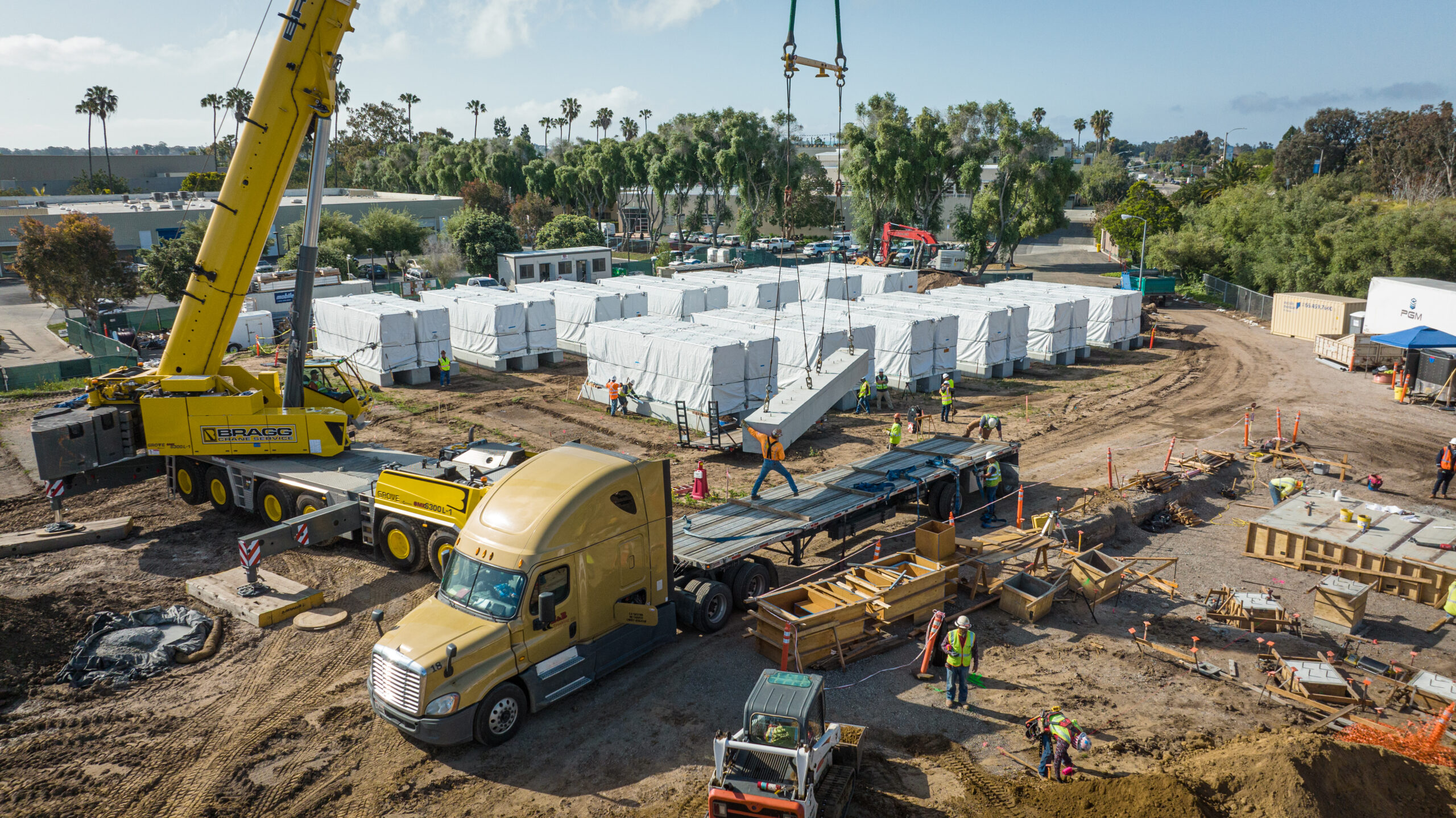Last month, the White House Council on Environmental Quality released new rules to speed up permits for clean energy and mandating that federal agencies consider the environmental impact of new highways, oil pipelines, and other public works projects before approving their construction. The rules also stipulated that federal agencies seek public input on what the new infrastructure would mean for the communities affected.
“As we accelerate the clean energy future, we are also protecting communities from pollution and environmental harms that can result from poor planning and decision-making while making sure we build projects in the right places,” says Brenda Mallory, chair of the council.
These measures are part of the Biden administration’s recent efforts to speed up the implementation of its signature climate law, the 2022 Inflation Reduction Act. The act includes at least $370 billion in tax incentives to expand renewable energy, including wind, solar, and EVs.
The administration’s environmental agenda stipulates:
- Replacing toxic lead pipes when upgrading the nation’s network of roads, airports, and other critical infrastructure
- Expanding the perimeters of two California national monuments (the San Gabriel Mountains National Monument and the Berryessa Snow Mountain National Monument)
- Tightening energy-efficiency standards for water heaters
- Strictly limiting coal-burning power plants
Enthusiastic endorsements
The recent federal mandates have been lauded by the California State Assembly and Senate. The new stipulations will help hasten the state’s transition to a 100 percent clean energy future. Senate Bill 100, passed in 2018, sets a renewable goal of 60 percent renewables by 2030, and the Golden State leads the nation in the transition to clean energy.
The Biden administration’s clean energy efforts have also been applauded by the Clean Energy States Alliance (CESA), of which BEI is a longstanding member. CESA is a national, nonprofit coalition of public agencies and organizations working together to advance clean energy.
“Like CESA, we applaud the administration’s clean energy initiatives, which will go a long way to furthering the adoption of renewables not only in California but nationwide,” says Jerry Zampino, BEI General Manager, Energy Storage. “The legislation has already made a huge impact. Last year saw record-breaking EV sales, new U.S. energy capacity (31GW) dominated by renewables, and significant progress in transmission and grid upgrades. However, obstacles still remain.”
Current challenges to renewable energy adoption
Rising interest rates and project costs, challenges in permitting and finding sites, and persistent supply chain issues are hampering certain clean power development at a time when it needs to be surging forward. For example, many projects originally slated to come online in 2023 were pushed back due to supply chain problems, which limited the availability of the transformers needed to connect clean energy to the grid. As of the end of 2023, the delivery time for transformers grew from 50 weeks to 150 weeks, which has seriously hampered the buildout of the transmission system.
In addition, the rapid rise in interest rates has substantially increased the cost of capital for all clean energy initiatives, which, unlike other forms of power generation, require significant upfront investments.
“Despite these challenges, we’ve had an excellent year and continue to see robust growth in our renewable engineering and construction business. We are excited by the momentum,” adds Zampino. “This is an exciting and rewarding time to be in the industry, and we expect the Biden initiatives to speed up the country’s clean energy transition.”
